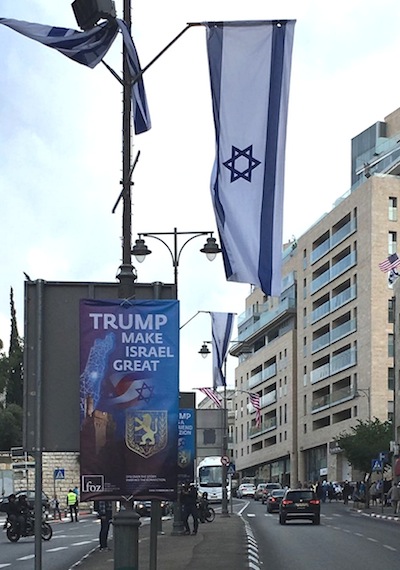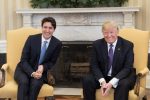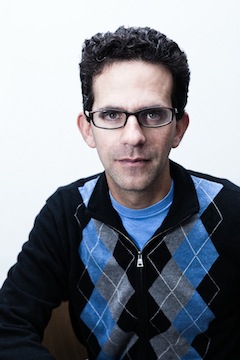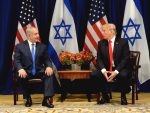Common sense prevailed at a meeting of the Pittsburgh school board in the end, although two of nine board members voted against participation in a Holocaust education trip to Poland.
The educational program is funded by the nonprofit organization Classrooms Without Borders at no cost to the school district. Nevertheless, one board member insisted that Pittsburgh schools are doing enough Holocaust education and that the trip could be seen as taking sides in the Israeli-Palestinian conflict. She contended, despite the fact that the funds were granted specifically for the Holocaust education trip, that they should be reallocated to programs that focus on African-American topics, including slavery.
It’s sort of a tempest in a teapot – especially given all the other things going on in the United States and around the world right now – but it is illustrative. Pennsylvania has an excellent record on Holocaust and genocide education, especially since 2014, when the state passed a law to “strongly encourage school entities in this Commonwealth to offer instruction in the Holocaust, genocide and other human rights violations.” That’s a far more specific directive than the British Columbia curriculum requires.
A representative of the Jewish Federation of Greater Pittsburgh responded to the board member’s criticism of the Poland trip.
“The notion that a trip to Poland to enhance the quality of Holocaust education in Pittsburgh public schools somehow discriminates against the Palestinian people is incomprehensible at best,” John Sayles told the Pittsburgh Jewish Chronicle. “What’s more, the insinuation that in order to most effectively teach about slavery we must allocate resources away from Holocaust education, or vice versa, is disturbing, as teaching about these two very important histories are not and should never be mutually exclusive.”
Coincidentally, but not unrelated, educators in Florida made a dubious decision to provide parents with an opportunity to opt their children out of a presentation by a Holocaust survivor. Parents of students at St. James Middle School in Murrells Inlet, Fla., received a letter saying, “We understand that a firsthand account of the atrocities of the Holocaust may be sad or difficult for students to hear. Students may opt out of this assembly and complete an alternative activity. Students who opt out will watch [a] video about the Holocaust in the media centre as an alternative activity.”
The letter assumes that the survivor speaker would not present at a level appropriate to middle schoolers. Second, and more significantly, it implies that difficult aspects of history should be sugarcoated – that was the word used by the survivor.
No matter the topic – the Holocaust, slavery, current events, writing, reading or arithmetic – effective education is delivered at an age-appropriate level. Survivor speakers understand this as well as any teacher.
The opportunity for today’s young people to hear firsthand accounts from witnesses to the Holocaust is a benefit no future generations will receive. To do anything but try to maximize the number who experience this opportunity firsthand is a tremendous loss.
This is especially true when a recent poll commissioned by the Conference on Jewish Material Claims Against Germany indicates that many Americans are unaware of the most basic facts of the Holocaust. (See jewishindependent.ca/basic-facts-not-known.)
This is fraught territory and headlines can be deceiving, such as the one in Newsweek, which declared: “One-third of Americans don’t believe six million Jews were murdered during the Holocaust.” Contrary to the headline, the poll suggested not that these Americans have heard the truth and rejected it, but rather that they have not been educated enough in the topic to have the facts. The issue is not Holocaust denial, in this case, but plain ignorance.
Denial of the facts is one thing, ignorance of them is different and far less malignant. In both cases, the answer is more education, not less.








